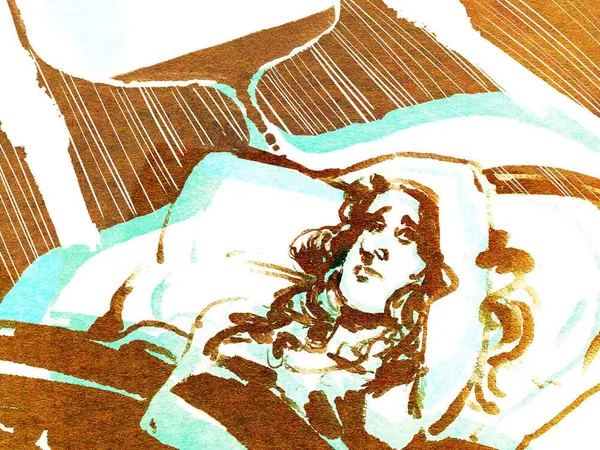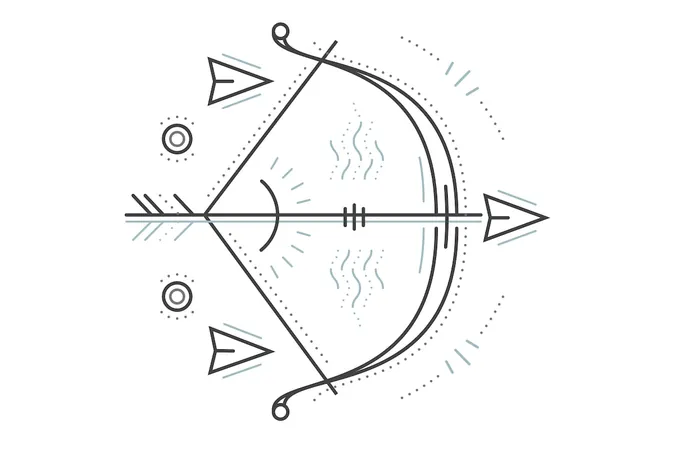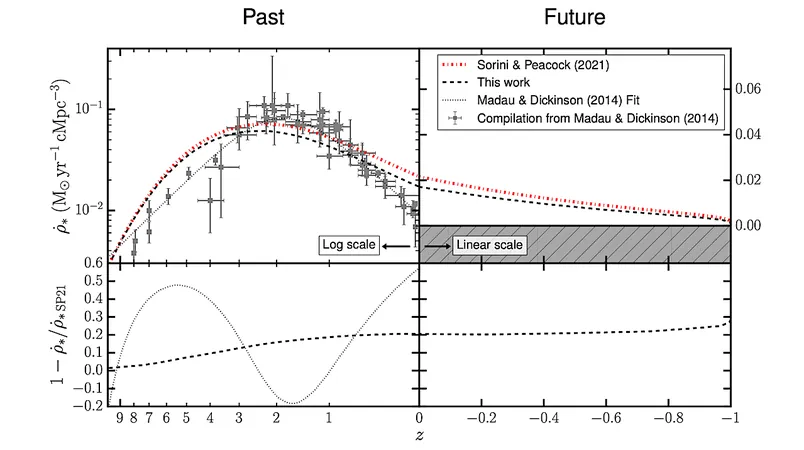
Are We Becoming Sleep-Obsessed Zombies? Understanding the Rise of Insomnia in Canada
2024-11-25
Author: Emma
Are you struggling to get a good night’s sleep? You’re not alone!
The new ‘sleep craze’ has turned many Canadians into sleepless ‘zombies.’ Here’s what you need to know about our growing obsession with sleep and the alarming consequences it may bring.
The Shift in Sleep Culture
In a fascinating turn of events, the conversation around sleep has shifted from merely seeking a good night's rest to an intense obsession. Humans are naturally efficient sleepers, requiring less sleep than our primate cousins. Evolutionary anthropologist David Samson describes our deep sleep stage—characterized by temporary muscle paralysis—as one where we are 'essentially as close to dead as you will ever be.' So why, in a world with endless sleep remedies and hacks, is a good night’s sleep more elusive than ever?
The Rise of Insomnia
Recent data reveals a noteworthy increase in insomnia among Canadians post-pandemic. A staggering number indicate that they have sought help for sleep difficulties, with nearly half having resorted to pills or unproven sleep aids over the last year. The trend doesn’t stop there—social media platforms like TikTok are buzzing with 'sleepmaxxing' hacks, touting everything from mouth taping to 'sleepy girl mocktails' as remedies to our sleep woes. Wearable tech meant to track sleep patterns is flying off the shelves, and the global sleep aid market is projected to surpass a whopping US$89 billion by 2030.
Sleep Anxiety and Its Effects
While many are turning to sleep aids and apps for solutions, the rise of ‘sleep anxiety’ is a byproduct of this obsession. Renowned sleep scientist Judith Davidson warns that the constant striving for perfect sleep can often result in its opposite effect; 'When you try too hard to sleep, sleep disappears.' Alarmingly, studies suggest that insufficient sleep may increase the risks of chronic conditions such as depression, cardiovascular issues, and even Alzheimer’s disease.
The Relationship Between Sleep and Age
In a recent study involving 589 adults, researchers found that those suffering from multiple sleep issues had brains that were an average of 2.6 years older than their well-rested counterparts. However, it’s important to note that these findings only imply a correlation, not a direct cause-and-effect relationship. As Davidson pointed out, racing thoughts and stress can amplify insomnia in a vicious cycle.
Rethinking Sleep Measurement
Sleep experts caution against becoming preoccupied with quantifying sleep. While it’s recommended that adults aged 18 to 64 strive for seven to nine hours of quality slumber, it's essential to recognize that individual sleep needs can vary significantly. Mendoza's advice: Don't let sleep gadgets dictate your quality of rest. If a tracker suggests you've had a poor night's sleep when you felt fine, it may skew your perception of your daytime functioning, making you feel more fatigued than you are.
Cultural Perceptions of Insomnia
Moreover, Australia’s research shows that insomnia often results from individual perceptions rather than measurable scientific criteria, complicating the understanding of this widespread issue. The pandemic has only exacerbated this prevalence, leading people globally to report worsening sleep patterns.
Insomnia Statistics in Canada
A recent Canadian Sleep Research Consortium survey revealed that nearly a quarter of participants were dissatisfied with their sleep, with around 16% meeting criteria for insomnia disorder—trouble falling or maintaining sleep at least three times a week for three months. Interestingly, women are 24% more likely to report these disorders compared to men. With one-third of surveyed individuals resorting to over-the-counter sleep medications and some even using cannabis, the search for sleep is palpable!
Public Health Implications of Sleep
Experts argue that sleep should be regarded as a fundamental public health issue, sparking calls for governments to prioritize sleep education as early as kindergarten. Furthermore, Dr. Jennifer Hirsch emphasizes that this fixation can lead to ‘orthosomnia’—a obsessive quest for optimal sleep that ironically disturbs it.
Conclusion
As a society, we need to take a step back and address whether our sleep obsession is working for us or against us. So next time you find yourself tossing and turning, remember: overthinking sleep can often do more harm than good. Let’s reclaim our nights and maybe stop over-analyzing our dreams along the way!









 Brasil (PT)
Brasil (PT)
 Canada (EN)
Canada (EN)
 Chile (ES)
Chile (ES)
 España (ES)
España (ES)
 France (FR)
France (FR)
 Hong Kong (EN)
Hong Kong (EN)
 Italia (IT)
Italia (IT)
 日本 (JA)
日本 (JA)
 Magyarország (HU)
Magyarország (HU)
 Norge (NO)
Norge (NO)
 Polska (PL)
Polska (PL)
 Schweiz (DE)
Schweiz (DE)
 Singapore (EN)
Singapore (EN)
 Sverige (SV)
Sverige (SV)
 Suomi (FI)
Suomi (FI)
 Türkiye (TR)
Türkiye (TR)